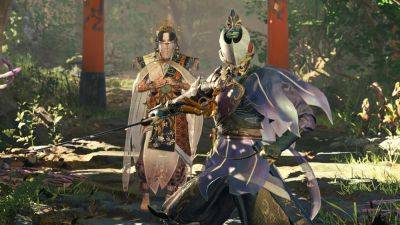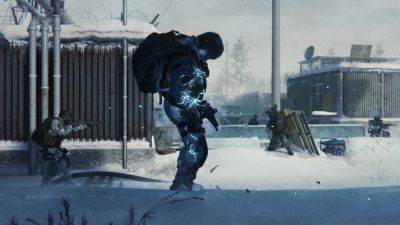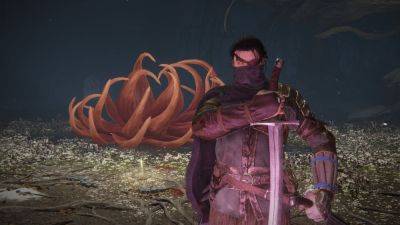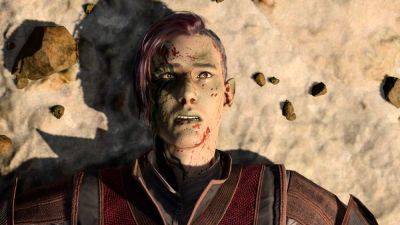Nothing brings me more pain than knowing Wordle could have been called Mr. Bugs' Wordy Nugz, but the creator thought otherwise
Yesterday, the creator of Wordle, Josh Wardle, revealed a bit more about the origins of the word puzzle game during a presentation at Figma's Config conference (via The Verge). Including the brilliant fact that he had originally intended to call it Mr. Bugs' Wordy Nugz—a shred of knowledge that'll haunt me for some time.
«This is true: I was going to call Wordle, Mr. Bugs’ Wordy Nugz,» Wardle says. «Had I called the game Mr. Bugs, I like to think it would not have been successful.» It's anybody's guess whether The New York Times would have bought a game called Mr. Bugs Wordy Nugz, but I think this name would have only helped, not hindered, the game when it came to fan recognition.
Wardle also touched on what Wordle looked like during the time he was throwing around the idea of Mr. Bugs' name. At first, the prototype was meant for Android but, otherwise, much of the game we know today was already there except for the fact that instead of only answering one question a day, it was an endless puzzle that you could play however much you wanted.
After putting it on the back burner for a while, Wardle returned to his creation after seeing his partner enjoy The New York Times' crossword and its Spelling Bee game. However, he noticed that you could only play both once a day and if you missed it, you'd lose your streak. This is where Wardle got his inspiration for Wordle's daily time-sensitive games.
But none of these changes were in any way to try and mimic the same success, after all, Wardle was just trying to make a fun game for him and his partner to enjoy. That's why it could seem as a bit of a surprise when The New York Times announced that it had bought Wordle.
«It was obvious due to the success of Wordle that I could make it my life if I wanted to,» Wardle says. «But there are a bunch of things that I wouldn’t enjoy about running a games business. And it just felt so clear to me that that wasn’t something I wanted any part of.»
«All of this comes back to [that]







